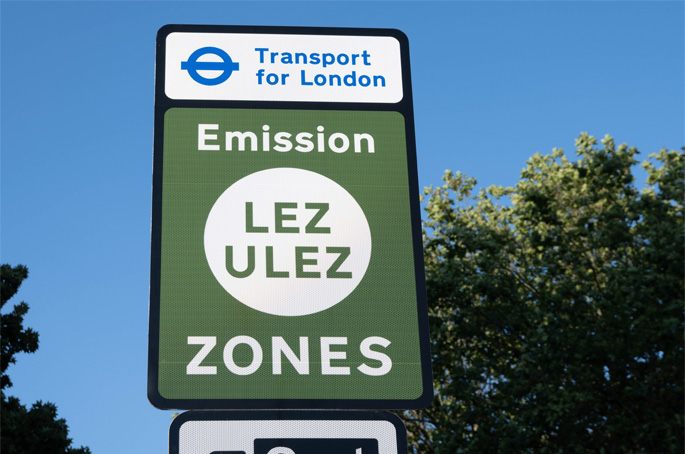Chancellor Rachel Reeves has proposed to cut the time taken for judicial reviews of infrastructure projects by roughly six months, with the hope that new roads and other infrastructure can be completed more quickly.
Under these proposed changes, the government plans to work with the judiciary to cut the amount of time it takes for a judicial review to move through the court system for nationally critical infrastructure projects by around half a year.
According to the Treasury, judicial reviews can currently take well over a year to be resolved, meaning that some major projects have been ‘left in limbo', which can lead to them running over budget.
Of the 34 infrastructure projects that faced judicial reviews since 2008, just four were upheld. One of these projects was the A38 Derby junction improvements, which were delayed for over a year, leading to a delay in investment in local transport connections.
The Treasury states that major road projects are paying up to £121m per scheme due to delays in legal proceedings, workers' wages, legal fees, and weakened investor confidence.
Ms Reeves said: ‘Our planning reforms are set to benefit the e conomy by up to £7.5 billion over the next ten years, so whether through reducing the length of the judicial review process, tearing up burdensome regulations, or streamlining planning permissions with AI, we want to go further still by backing the builders not the blockers and deliver national renewal by getting Britain building.'
































